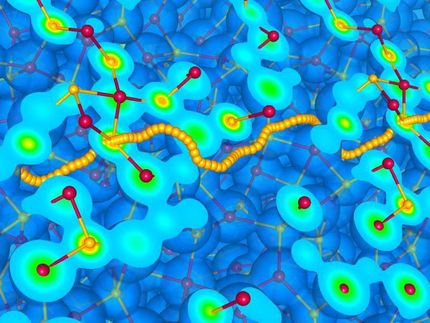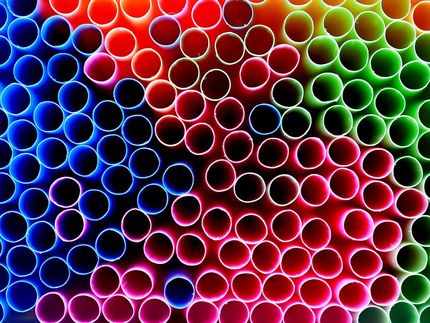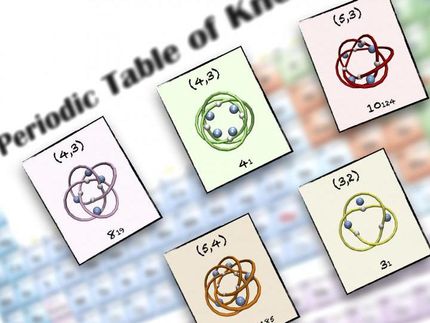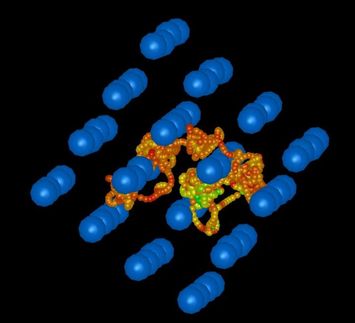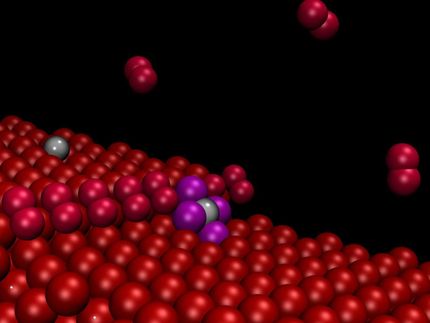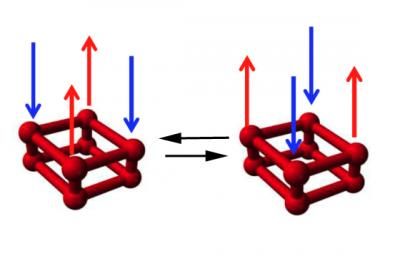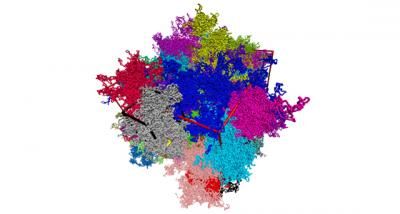
Scuola Internazionale Superiore di Studi Avanzati (SISSA)
About SISSA
SISSA, the International School for Advanced Studies of Trieste, is an institute focused on postgraduate training and leading-edge research in various areas of Physics, Mathematics, and Neurosciences. SISSA was the first Italian university to offer the PhD degree, and has continued to do so with notable success. Since its founding in 1978, SISSA has prepared more than 500 young people for careers in research and teaching: today SISSA represents one of the leading scientific institutions in Italy and a noted center on the international stage. The Neurobiology Sector of SISSA has worked closely with RIKEN Omics Science Center and its predecessor the Genomic Sciences Center since 2003 using funds of the 6th and 7th EU framework program to develop functional genomics technologies targeting single or isolated neuron populations with an emphasis on uncovering the causes of neurodegeneration. Dr. Gustincich is the director of The Giovanni Armenise-Harvard Foundation laboratory at SISSA.
- Industry : Other
